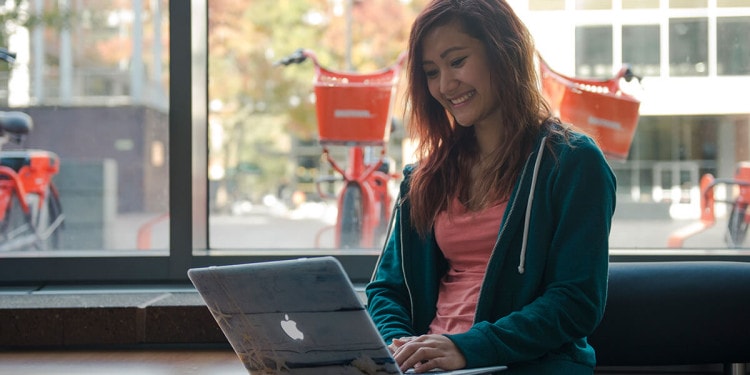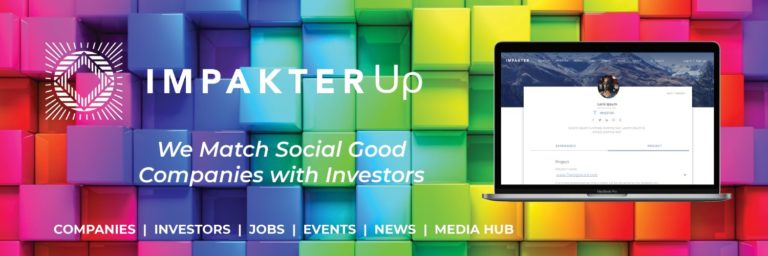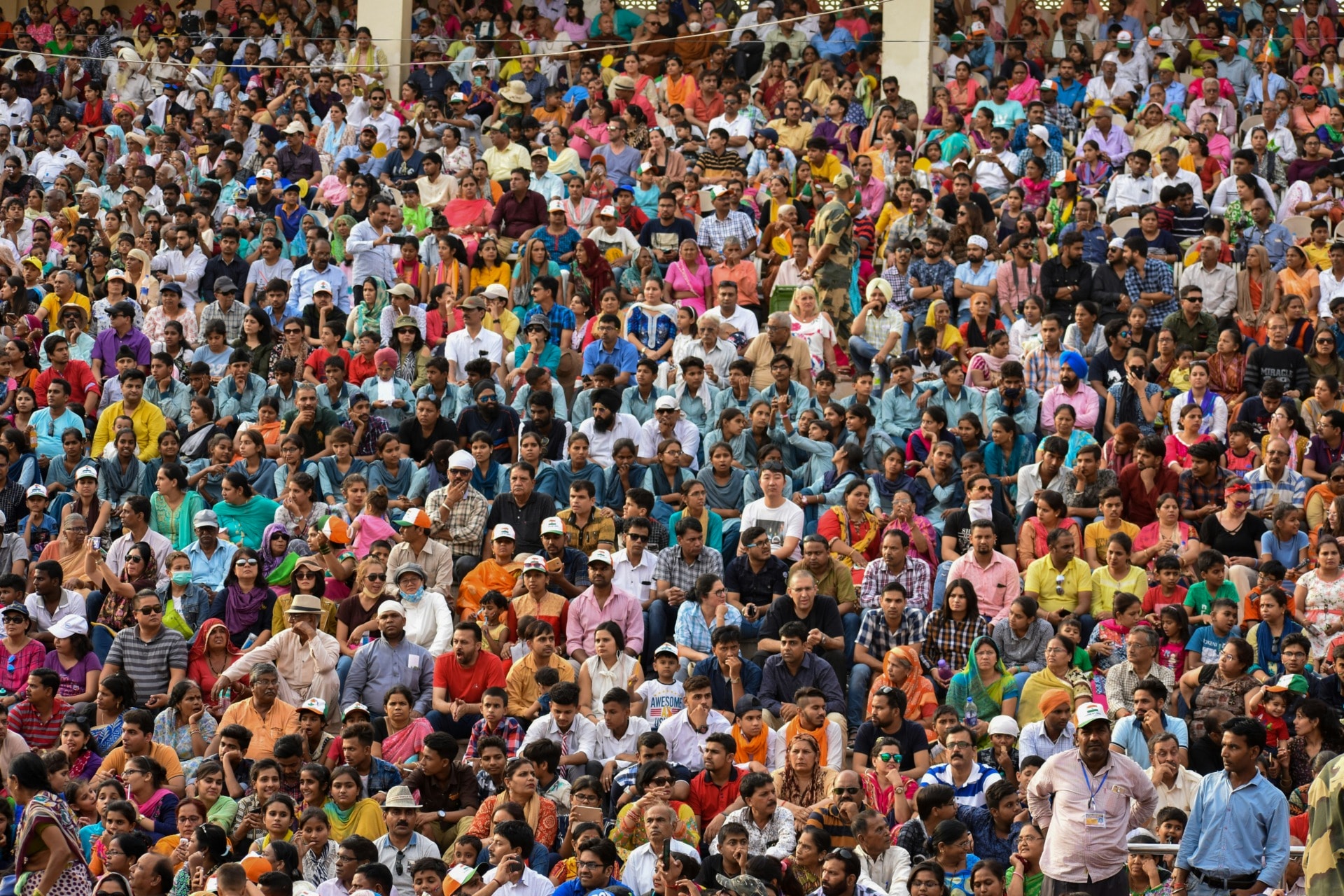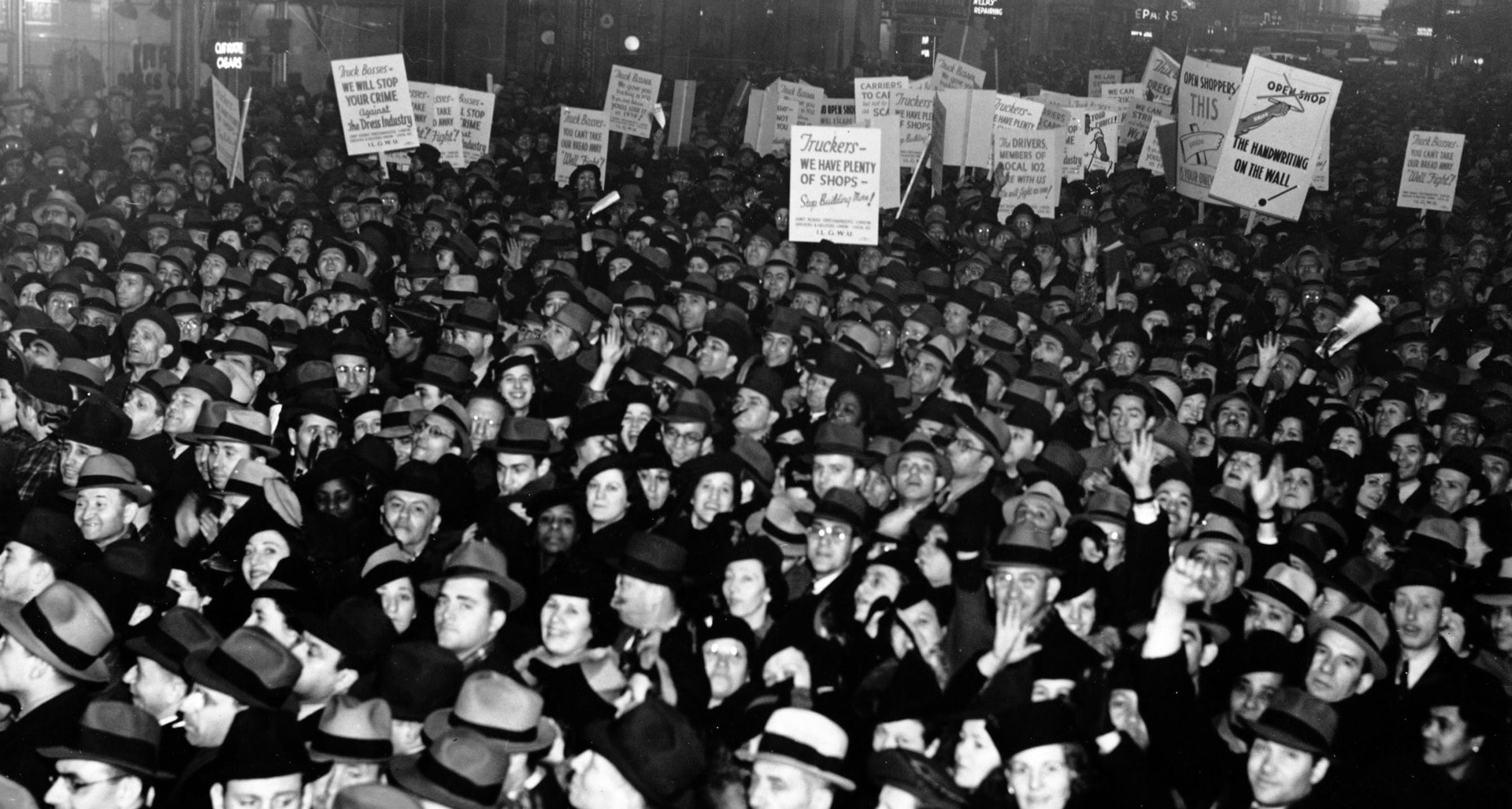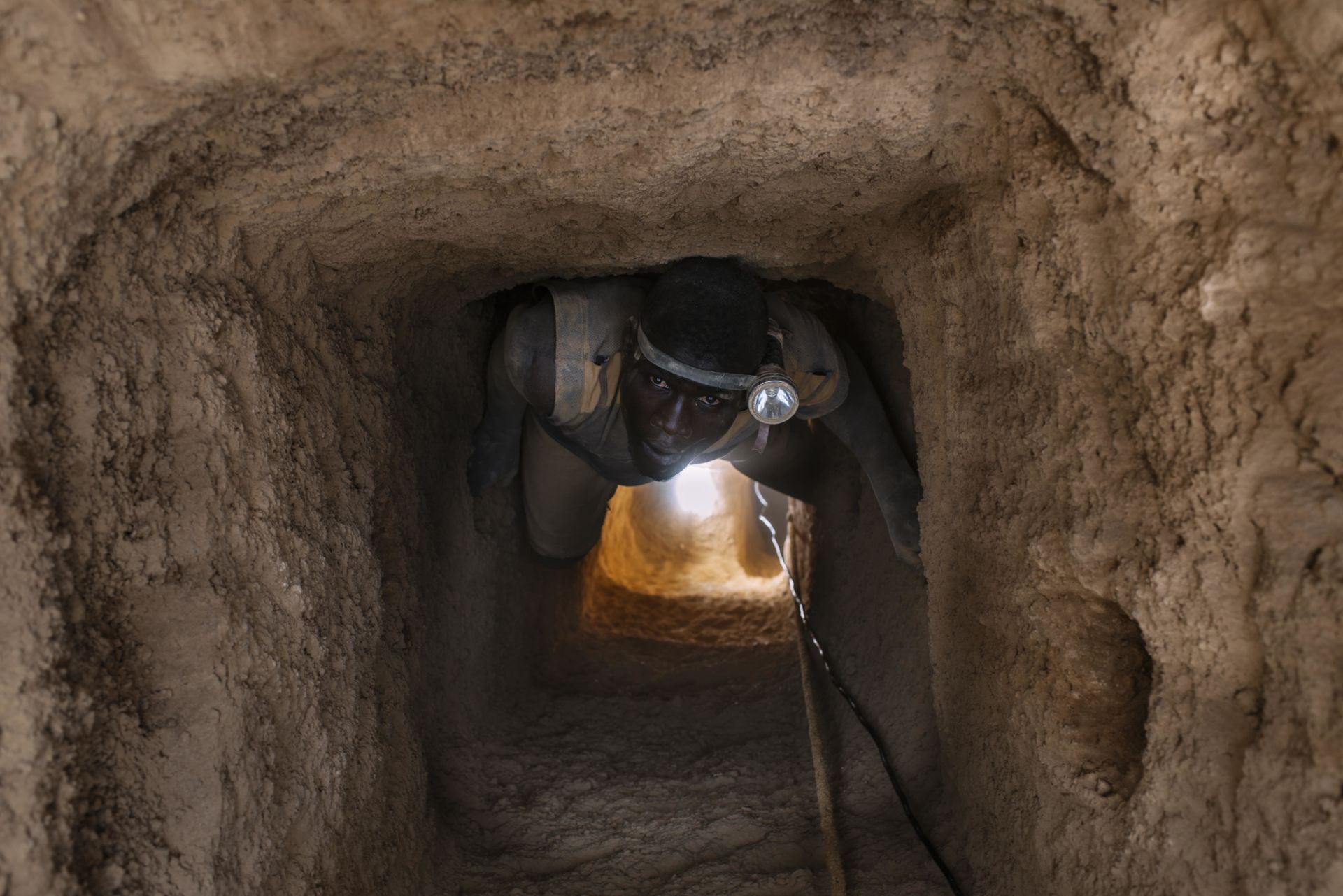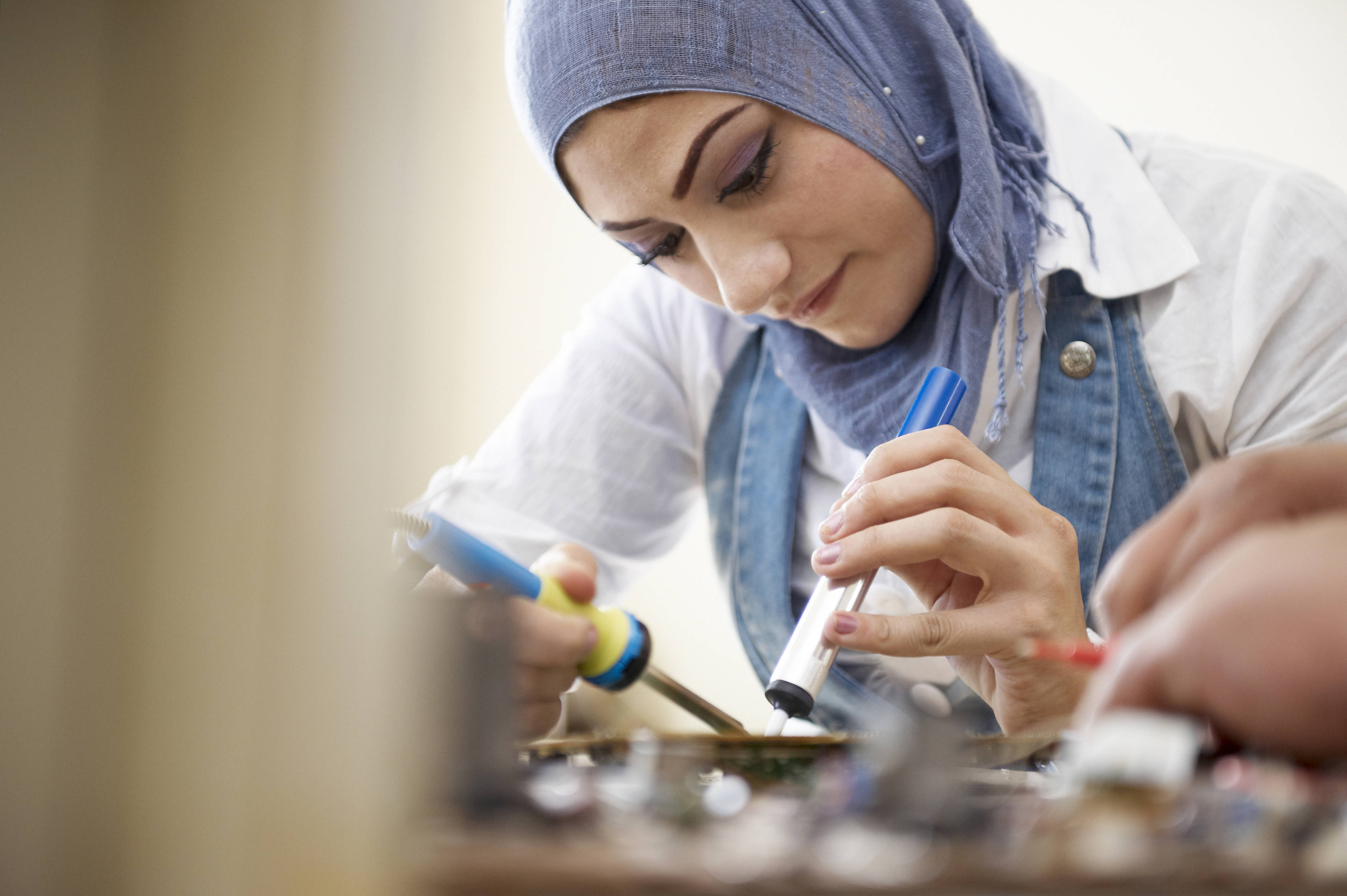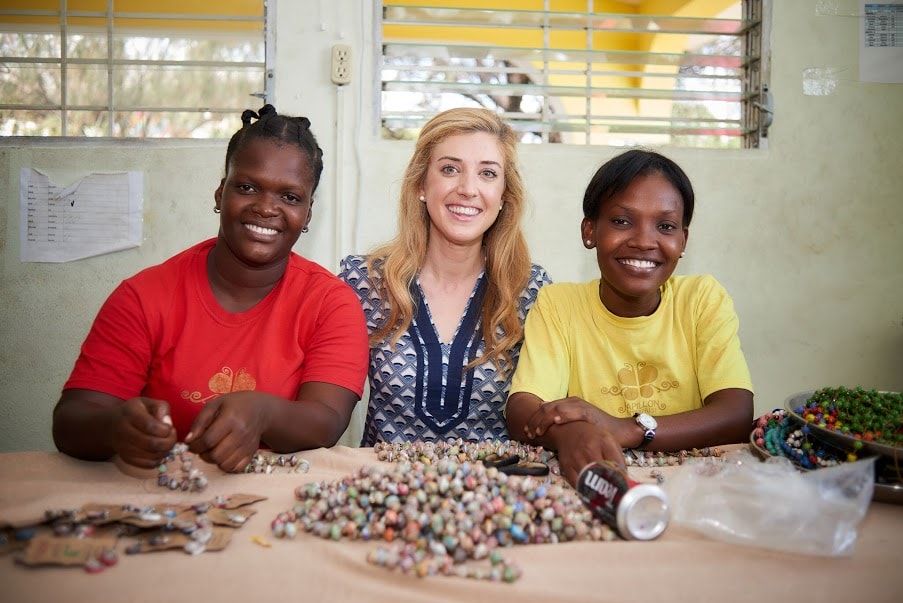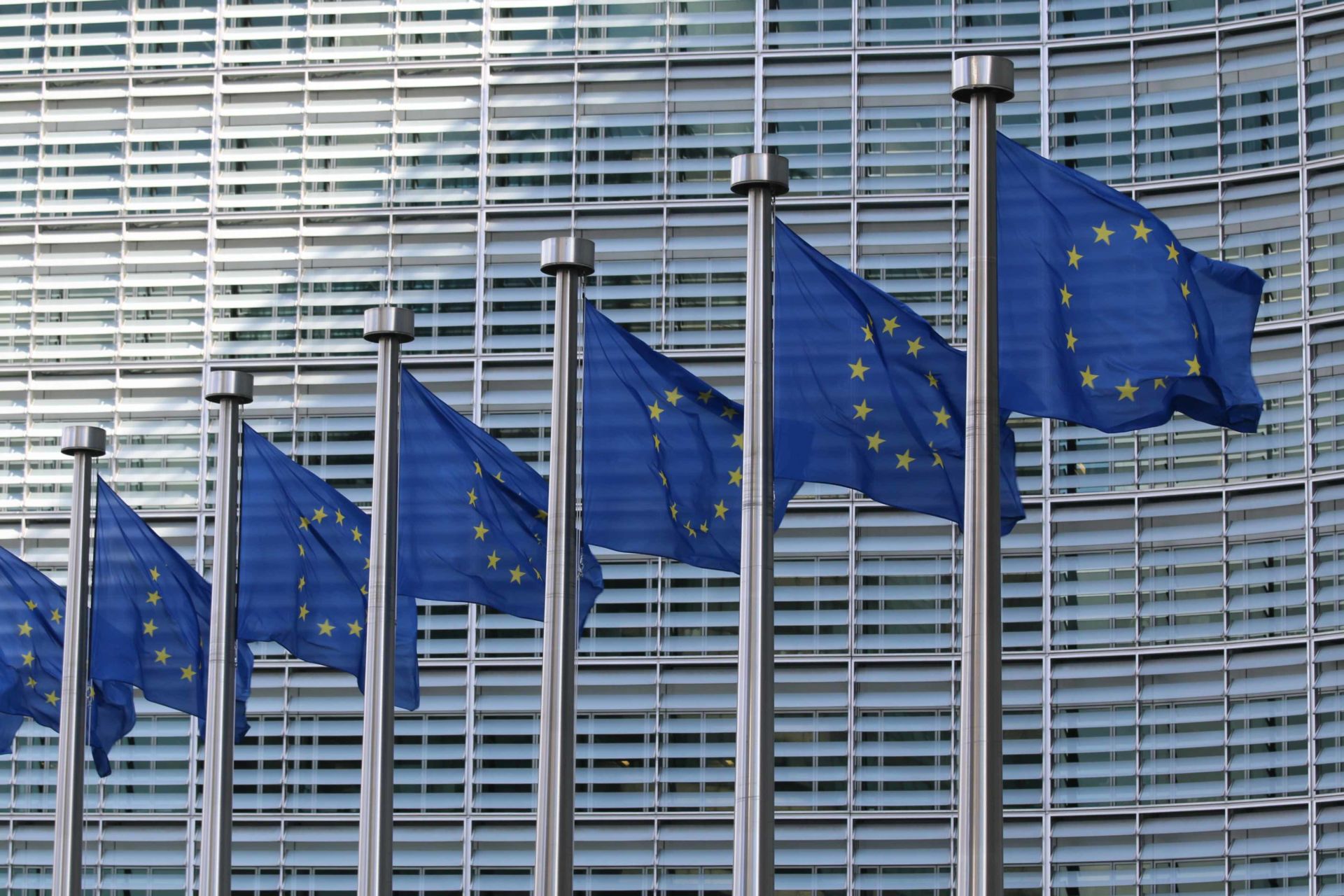The Global Shapers Munich Hub is taking a leading role in supporting refugees – in Munich and globally – integration into local communities and the labour market through digital inclusion initiatives Komputer Klasse and the Upskill Library.
Komputer Klasse
In 2016, the UN General Assembly passed a resolution that “declared internet access a human right” for several reasons, including but not limited to the following: freedom of speech and expression, exercising one’s political rights, empowerment by enhancing access to information and communications technology, promoting digital literacy, access to education and training, social and civil participation and employment.
Since the beginning of the COVID-19 pandemic, the necessity of internet access — now vital for continuing work or education — has become even more indisputable. Yet, people all around the world still lack the technology to access the internet or are unable to afford the fees for connecting to it.
Among refugees, internet access has always been particularly limited due to financial, technical, and legal constraint. Despite already facing persecution and challenges to their human rights, refugees are 50% less likely than the general population to have an Internet-capable phone, according to the United Nations Human High Commissioner for Refugees (UNHCR).
Even once a safe destination has been reached, challenges remain in accessing education and employment or integrating into new communities. Furthermore, they may be separated from loved ones for an indefinite amount of time. According to research by UNHCR and Accenture, refugees see connectivity as a critical survival tool and may prioritize it over education, clothing, healthcare and even food.
The importance of access to networks, including through internet connectivity, is stressed as vital to building refugees’ self-reliance by shaping their economic outcomes. Furthermore, “digital inclusion” can aid refugees’ integration into communities by opening doors to communication, social activities and employment.
On the back of this, in 2017, Claudiu Leverenz and fellow volunteers Colin Benz and Paula Espinosa Valarezo led the creation of tailor-made computer classes at the Garching Refugee centre in Munich. “During these unprecedented times, more and more digital skills are required,” stressed Claudiu. “Especially for people with a migration or refugee background”.
The Global Shapers Munich Hub’s “Komputer Klasse for Refugees” has made access to computers and the internet a reality for dozens of refugees living in Munich. The initiative also provides courses on how to use computers, laptops and the internet for education, finding employment and integration.
Classes often feature learning practical skills such as writing CVs and cover letters and using Excel. Since the advent of COVID-19 and the ensuing lockdown earlier this year, volunteers Lena Lupken and Ludwig Peterson have been organising one-on-one classes to meet the evolving educational needs of the refugees.
One former Komputer Klasse student, Faty S, who was recently hired, in part thanks to the efforts of the Global Shapers Munich, shares her thoughts on this initiative,
[Working with the Global Shapers Munich] was a positive experience and a challenge for me because they helped me so much with my training. I needed help with computer tools like MS Office, and they helped me a lot. I could call or ask for help anytime, and I got my certificates. I am very grateful to Global Shapers Munich, especially to Claudiu [Leverenz] and Colin [Benz]. I call on migrants to integrate with the Global Shapers Munich.
The Komputer Klasse for Refugees recognises the importance of the role that digital inclusion plays in facilitating integration and increasing self-reliance. Their courses provide refugees with the tools needed to independently fulfil digital tasks and have a focus on opening up cross-cultural interaction between refugees and locals too. Currently, they are working to establish a connection with a public school in Garching, Bavaria, to create courses led by local students.
Related Articles: Refugees: Why they are not an economic burden | Transforming the Way Refugees Experience Displacement | A New Response to Refugee Inclusion
Upskill Library
In 2021, Global Shapers Munich, in collaboration with France-based NGO Konexio, will be launching the global initiative Upskill Library, which seeks to empower refugees and other vulnerable groups through upskilling.
Konexio promotes the inclusion of refugees and disadvantaged populations in the workforce. It offers certified training programs in digital literacy, web development and soft skills to prepare for digital transformation and the jobs of the future with an additional focus on community building.
The aim was to support the upskilling of 1,000 refugees by the end of 2020. The Upskill Library serves as a global repository of information, providing a platform for knowledge and resource sharing with partners around the world.
It aims to encourage other forms of knowledge transfer for programs that seek to empower refugees and engage 25 hubs in the Shapers community globally. Due to their expertise gained from Komputer Klasse, Global Shapers Munich Hub will take a leading role in the Upskills Library’s launch as the Shapers community implements the initiative in their respective hubs.
They have also responded flexibly to COVID19 and are currently in contact with all stakeholders to convey the pandemic-affected needs. In fact, more hubs have manifested interest in participating in efforts collectively since COVID19.
The goal of the Munich Hub is to continue the upskilling initiative and provide one-on-one support for all old and new participants. Their basic computer courses are now advertised online and directed at three local communities/camps and they are currently creating a course for using Office software.
Enabling and empowering refugees to “upskill” can help them reclaim their human rights, but upskilling does not just have humanitarian benefits with data showing that helping refugees enter the workforce is an investment that can yield many economic dividends – for the receiving country and the refugee’s country of origin.
However, there are many challenges that refugees face. According to research by the Organisation for Economic Co-operation and Development (OECD), it can take an average of 20 years for refugees to reach a similar employment rate as native-born citizens. Therefore, supportive social and professional networks, such as Komputer Klasse and the Upskill Library, are essential for supporting refugees’ integration into the host country and the labour market.
For more information on Global Shapers Munich, please contact Gala Maric, Communications Officer, GSM.
The Global Shapers Munich Hub is part of the Global Shapers Community. The Global Shapers Community is an initiative of the World Economic Forum, is a network of hubs developed and led by young people driven to contribute to their communities.
Editors Note: The opinions expressed here by Impakter.com columnists are their own, not those of Impakter.com
Featured Photo Credit: A young woman takes an online class designed for Refugees and Migrants— Featured Photo Credit: USA HELLO CLASSROOM


